Understanding the Impact of Science Denial During COVID-19
Written on
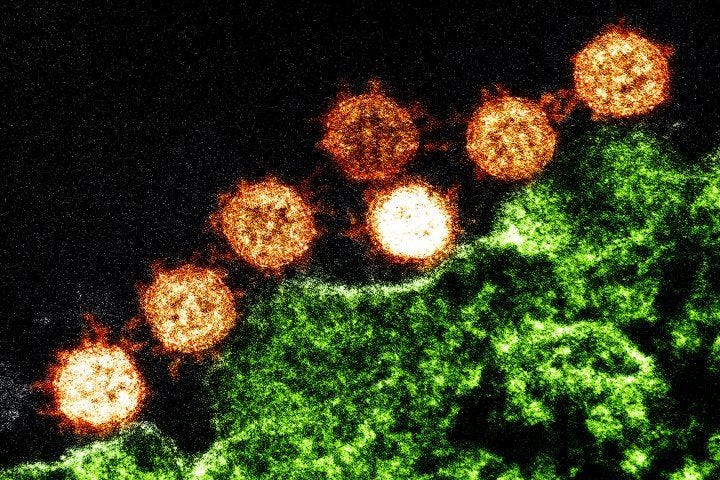
The COVID-19 pandemic has starkly revealed the risks associated with rejecting scientific truths. Many individuals, including influential political figures, have ignored the guidance of public health experts, which is part of a larger trend where people often deny scientific facts. This tendency can stem from fear, yet the reality of science persists regardless of our acceptance.
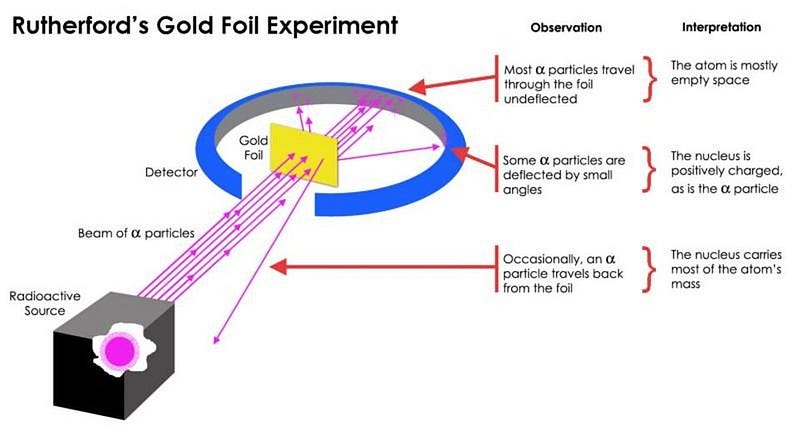
Science serves as our most reliable means for examining the natural world. By formulating the right questions and conducting controlled experiments, we can uncover the workings of various systems. While scientific knowledge evolves and sometimes overturns prior understandings, it is crucial for society to embrace this process. The COVID-19 crisis has already led to over 850,000 infections and tens of thousands of deaths, yet many continue to disregard the consensus on social distancing and other preventive measures.

Political considerations may often conflict with scientific realities, but a society that prioritizes scientific inquiry and evidence-based policies tends to thrive. COVID-19 exemplifies the immediate consequences of science denialism, demonstrating how neglecting scientific guidance can lead to severe outcomes.
Scientific consensus is not merely an opinion; it reflects a collective agreement among experts based on substantial evidence. This consensus can be challenged, but such challenges must arise from valid scientific discourse and new evidence. Most often, the existing consensus is validated rather than overturned, making scientific revolutions infrequent yet significant.

Despite widespread evidence supporting vaccines' effectiveness, many individuals still harbor doubts based on personal beliefs rather than scientific data. The decline in flu vaccination rates illustrates this point, as fewer Americans opt for a vaccine that could save lives. Additionally, anti-vaccination sentiments have resurfaced, contributing to outbreaks of preventable diseases like measles.
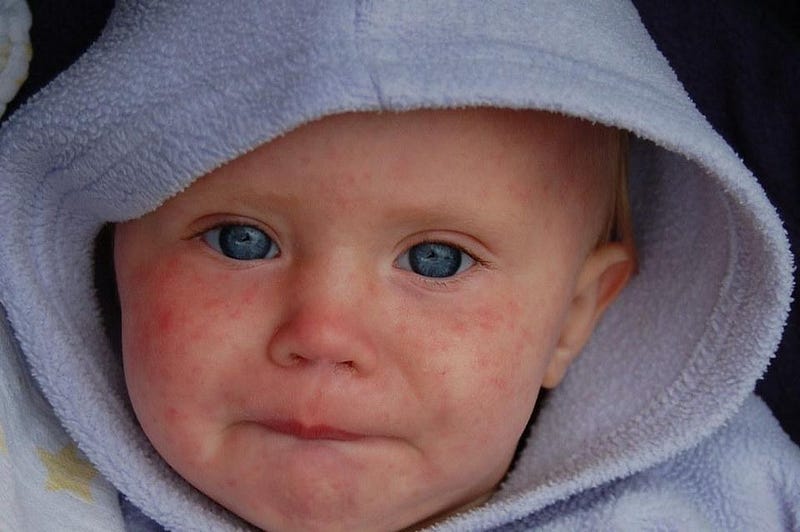
Denying the established safety of vaccines or other scientifically validated practices poses significant risks. Examples include misconceptions about 5G technology, fluoridated water, and glyphosate, all of which have been shown to be safe when used appropriately. It’s crucial to differentiate between justified scientific skepticism and unfounded fears that can lead to societal harm.
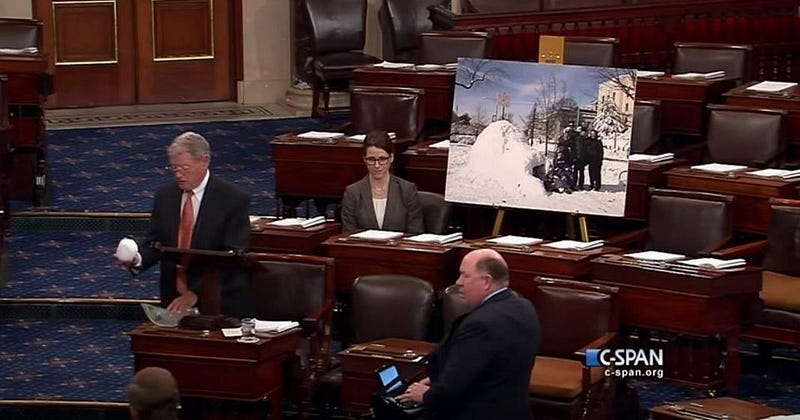
Denialism can manifest in many forms, from dismissing the link between HIV and AIDS to questioning the science behind climate change. This self-deceptive behavior often leads to harmful consequences for individuals and society.
Ultimately, the COVID-19 pandemic serves as a critical reminder of the importance of adhering to scientific guidance. Ignoring evidence-based recommendations can result in dire repercussions. As we navigate ongoing challenges, acknowledging and acting on scientific facts can help ensure the well-being of our communities.
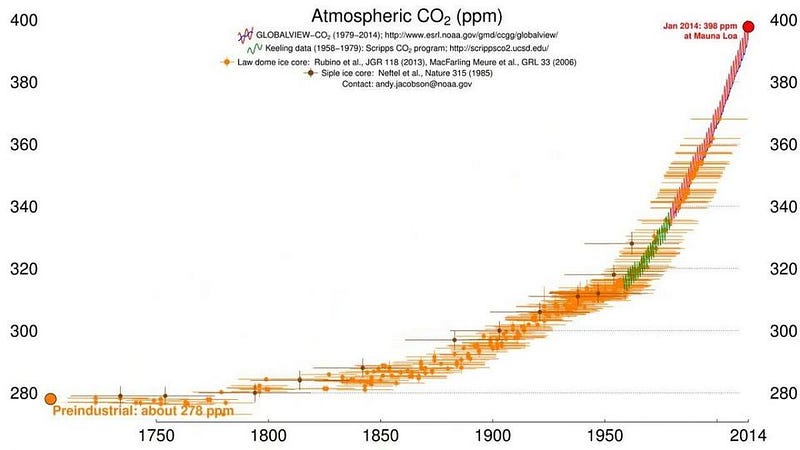
The world faces profound social, economic, and political challenges stemming from the pandemic, but the overarching lesson is clear: disregarding science harms us all. While it can be difficult to foresee the long-term effects of our actions, particularly regarding climate change, recognizing the reality of scientific findings is vital for the greater good.